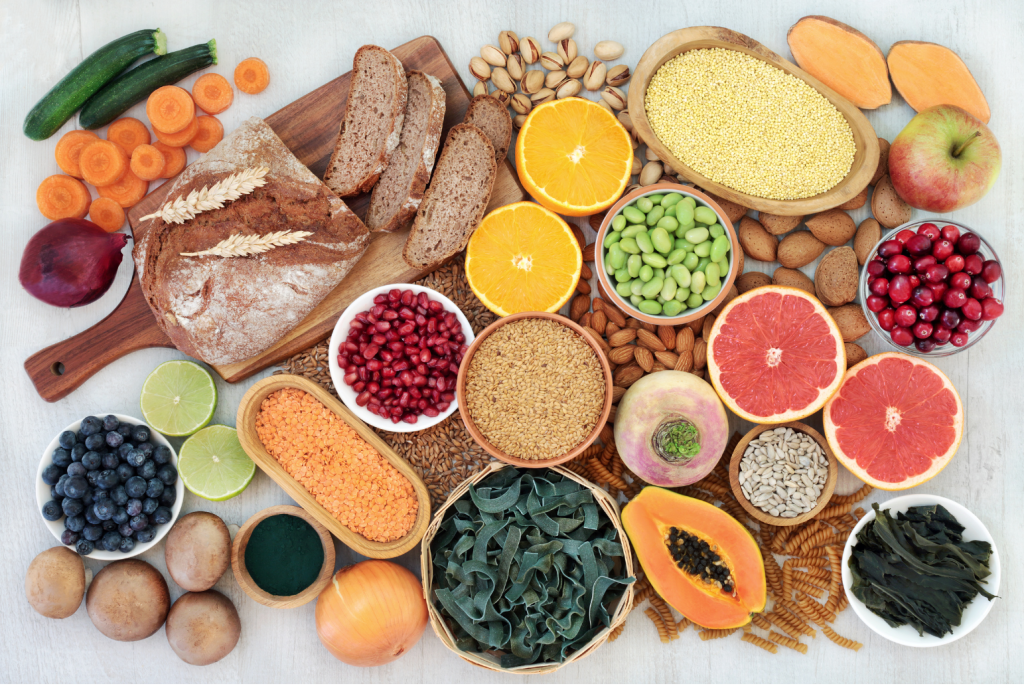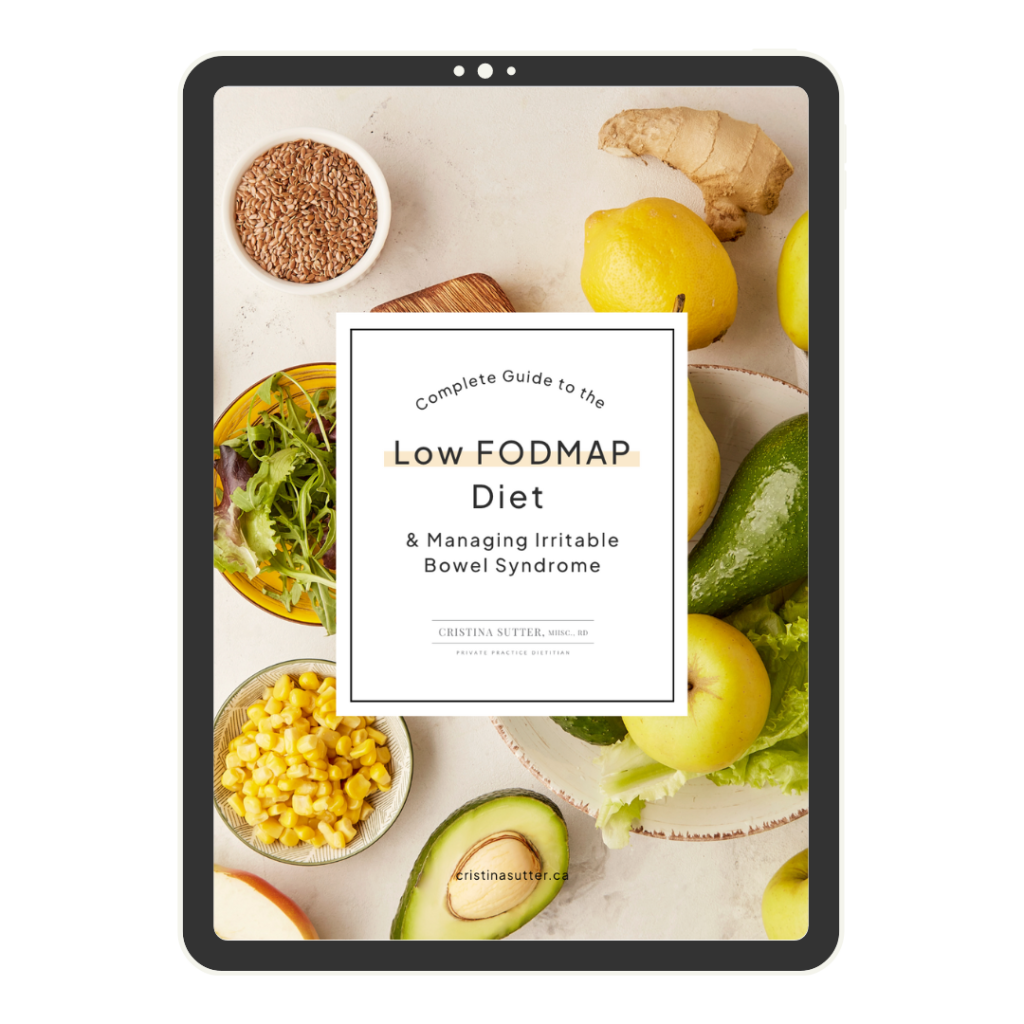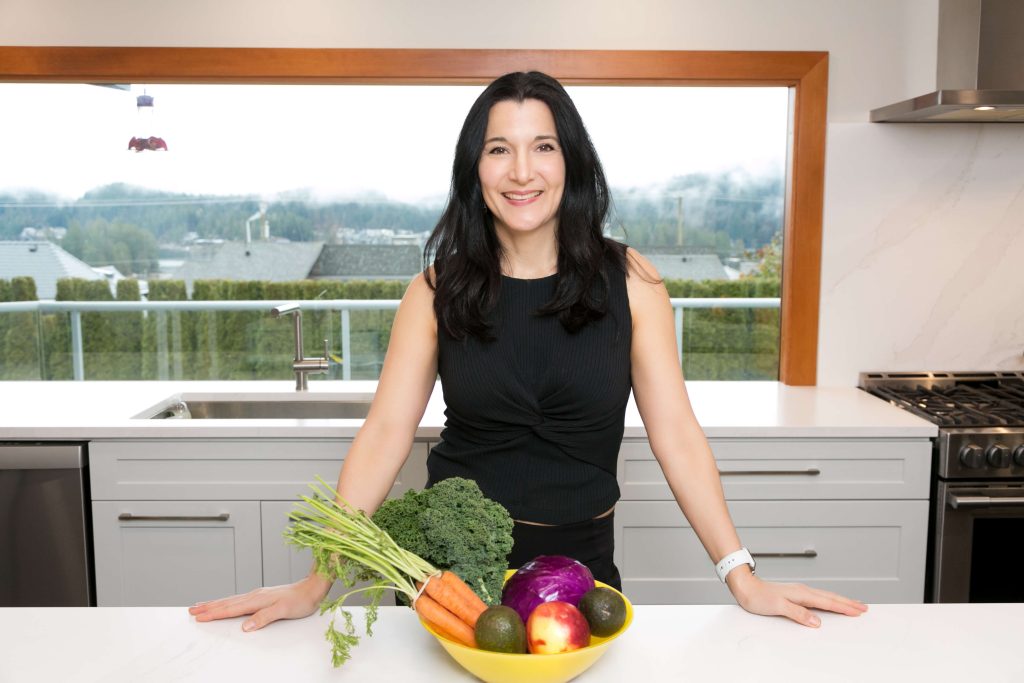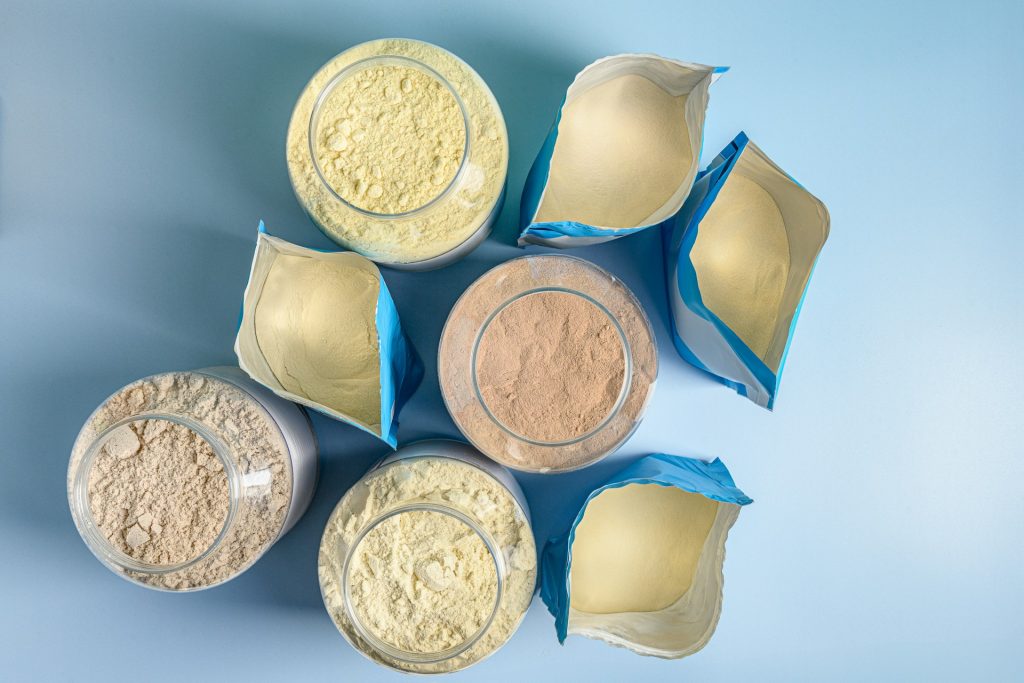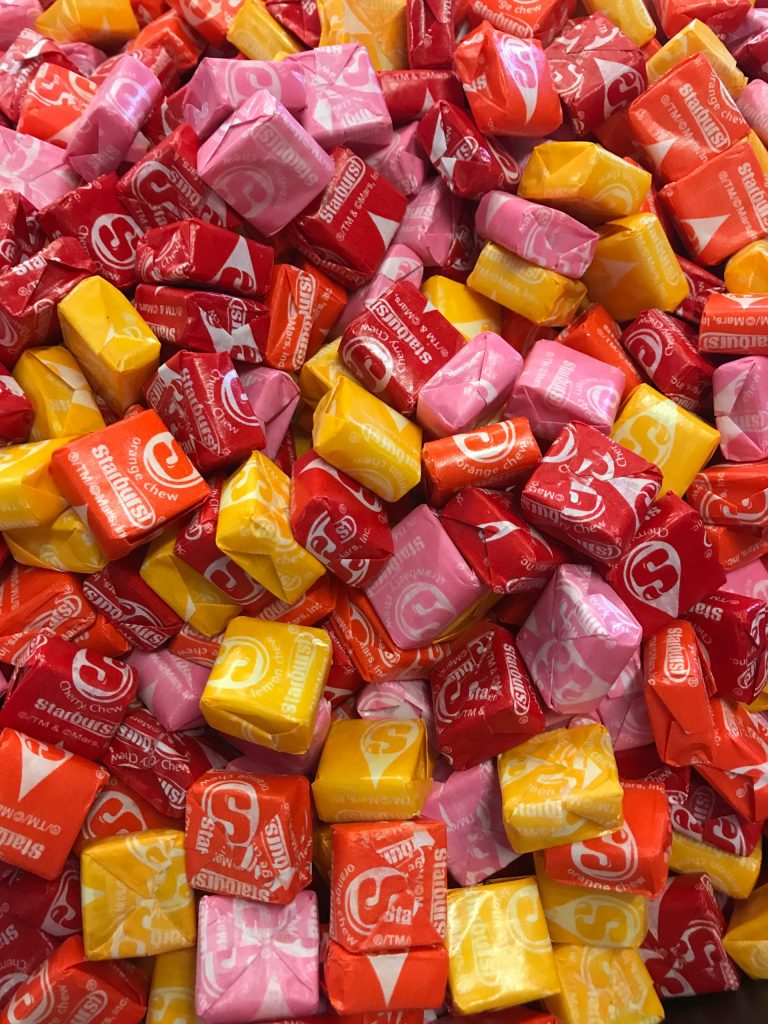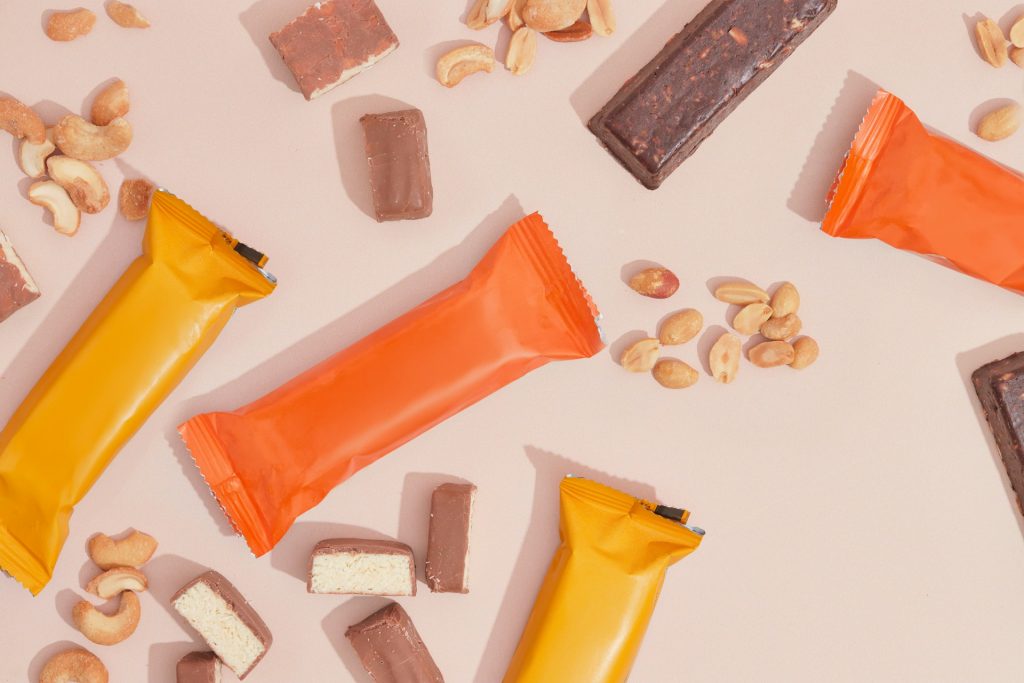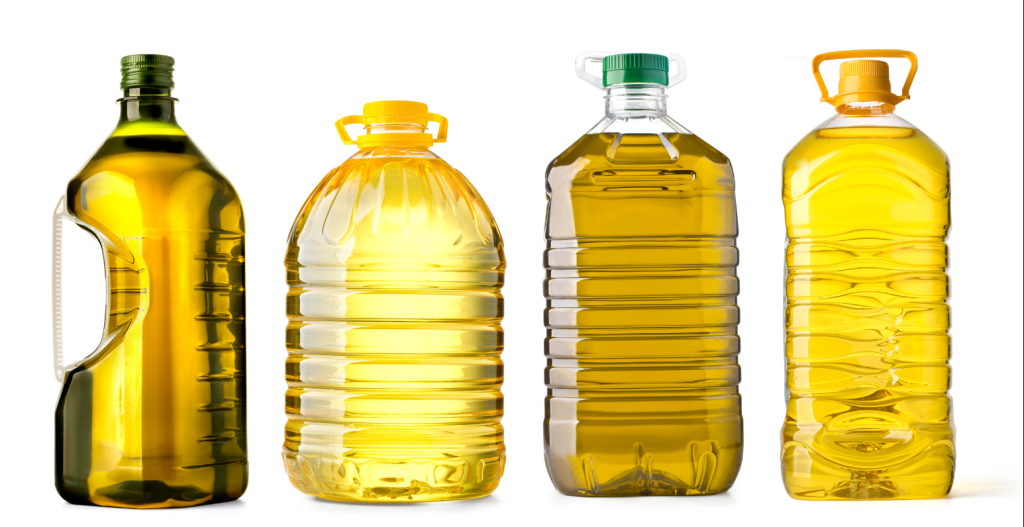“You don’t need to poop every day” is a statement that may do more harm than good. While it is technically true, it can mislead those struggling with constipation. Let’s debunk this myth and introduce the top 10 superfoods that can have you pooping every day, even on holidays. Here are the 10 best laxative foods for constipation.
What is constipation?
Constipation is when bowels are hard, difficult to pass, incomplete or infrequent.
You may be constipated even if you go every day, but your stools feel small, hard and incomplete.
Symptoms of constipation include:
- Small, hard, dry round stools
- Stools three times per week or less
- Straining to pass stool
- Incomplete stool, feeling everything did not come out
- Stomach cramps and bloating
Why should you treat constipation?
Besides the general discomfort, constipation can make you feel bloated, nauseated, cause painful stomach cramps and even contribute to reflux. Long term, it can cause chronic problems including hemorrhoids, fissures, diverticulosis, fecal impaction and problems with urinary or fecal continence.
What causes constipation?
While health practitioners say that constipation is caused by a lack of fibre and water, that is not the whole truth. Some people are genetically prone to constipation, as it seems to run in families. In fact, studies have found that childhood constipation is hereditary and often unrelated to their fiber intake. Constipation can also be aggravated by medications like certain iron supplements or pain medication. Medical conditions can predispose people to constipation as well.
Constipation can also be a result of Irritable Bowel Syndrome (IBS). For more information about IBS, read about the Therapies to Treat Irritable Bowel Syndrome.
What foods help constipation?
Even in individuals who experience lifelong constipation, there are some superfoods that can help constipation and gut motility to even get you pooping every day.
Sometimes I think fibre make it worse?
When you are constipated, eating high fibre foods can feel like pouring concrete down a clogged drain, it just makes you more bloated and backed up. Eating a lot of fibre at once is not helpful as it just makes you bloated, so it is best to include a consistent amount of fibre every day to create regular stools.
When it comes to fibre, how often, how much and what kind are key.
Depending on how stubborn the constipation, different individuals need different amounts of fibre to stay regular. If you are not having a daily bowel movement then start with 2-3 servings of any of the laxative foods every day, to achieve the laxative effect. Pick just a couple of these foods and find a way to bring them into your daily routine.
Meal and Snack Ideas for Constipation:
- Have chia pudding for snack
- Top your salad with pickled beets
- Sprinkle flax seeds on oatmeal
- Add peas to your rice
- Snack on kiwi or oranges
- Add psyllium powder to your smoothie
- Make oatbran muffins
- Serve sweet potatoes with dinner
- Add canned pumpkin to smoothies
These are top 10 Foods that help Constipation
Beets
Whether they are pickled, roasted or boiled, beets are rich in antioxidants, vitamins and minerals. The pickling process will reduce their antioxidants, but it builds up probiotics which we know support gut flora and healthy digestion. Beetroot juice is also high in nitrates that can improve athletic performance.
Suggested serving size: ½ – 1 cup beets
Plums and Prunes
Prunes, which are just dried plums, are high in fibre, sorbitol and polyphenols, all of which have a laxative effect. Sorbitol is a type of sugar found in stone fruit that can have a laxative effect in large amounts. The type of fibre in prunes includes soluble and insoluble fibres and pectin, which all work to add stool bulk and stimulate a bowel movement. Polyphenols are powerful antioxidants that have anti-inflammatory effects throughout the body and support healthy digestion through gut microbiota.
Suggested serving size: 3-5 prunes
Chia seeds or flax seeds
Chia seeds and ground flax seeds are both high in soluble fibre, which acts like a sponge by soaking up water in your gut and creating stool bulk (think expanding foam). The net result is chia seeds help move things along in your gut.
Suggested serving size: 1-2 Tbsp chia seeds
Psyllium or Fibrelicious
Psyllium is a natural soluble fibre supplement that can be added to juice, water or smoothies. Many people prefer the taste of metamucil, which is just psyllium with an orange flavour. As a soluble fibre, psyllium has the added impact of lowering “bad” cholesterol, so it’s really good for your cardiovascular system, too.
Suggested serving size: 1-2 Tbsp psyllium
Kiwi, Pineapple and Papaya
What do kiwi, pineapple and papaya have in common? Sure, they are all high in fibre. But they also contain an enzyme called Actinidin, which helps speed up digestion of proteins and improves gastric motility.
Suggested serving size: 1-2 kiwi or ½ – 1 cup papaya or pineapple
Peas, Beans, Chickpeas
Peas, beans and chickpeas are all very high in both types of fibre: insoluble and soluble. That means they draw water in the bowels, create stool bulk and speed up movement through the digestive tract.
Suggested serving size: ½ – 1 cup beans or peas
Rolled oats, Steel cut oats, and Oatbran
Oats are an excellent source of soluble fibre called beta-glucan. This fibre reduces cholesterol, blood sugar and improves digestion. Whether you prefer rolled oats, steel cut oats or oatbran, they all are an excellent source of this fibre.
- Rolled oats are the whole oat kernel, flattened by a steel roller.
- Instant oats are like rolled oats but are steamed and refined into smaller pieces.
- Steel-cut oats are made from the entire oat kernel, chopped into three pieces, so they tend to digest slower and last longer.
- Oat bran is different because it is made from the outer fibrous shell of the oat kernel, so it has less starch and more protein and fiber. As a result, oatbran is the highest fibre food of all the types of oats and is often recommended to children with constipation.
Suggested serving size: ½ cup raw oats or oat bran
Sweet Potatoes
Sweet potatoes contain prebiotics, antioxidants and magnesium, which all act as natural laxatives. Added to this, their skin packs almost 4 grams of fibre, an excellent dose of fibre. It is an easy swap to enjoy sweet potatoes instead of regular white potatoes to boost your fibre intake.
Suggested serving size: 1 medium sweet potato, with the skin
Berries, Grapefruit, Oranges, Pears
These fruits all contain a generous amount of polyphenols and pectin, the soluble fibre that works by adding stool bulk and stimulating a bowel movement.
Suggested serving size: 1 whole fruit or 1 cup berries
Pumpkin and Squash
While many dog owners use pumpkin to treat diarrhea, it also helps with constipation. Squash and Pumpkin benefit digestion in many ways. They are high in fibre, antioxidants, zinc and vitamin A, which may help improve the intestinal barrier.
Suggested serving size: 1-2 cups cooked pumpkin or squash
Work with a Digestive Dietitian
If you were told that “you don’t need to poop every day”, try working with a digestive dietitian. A digestive dietitian can help you to incorporate key superfoods and make easy swaps in your diet to overcome constipation. Book with Brianna or Cristina to improve your digestive health today.

